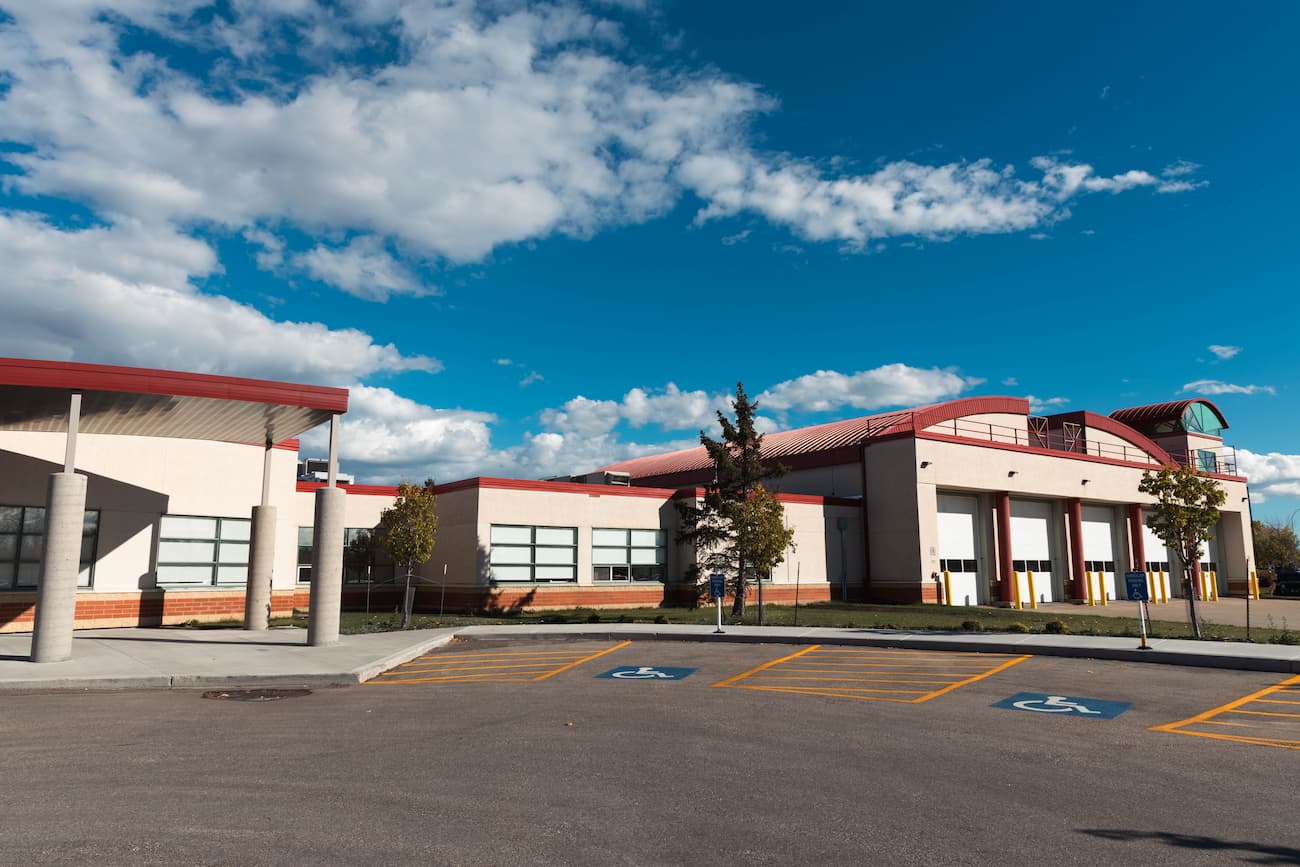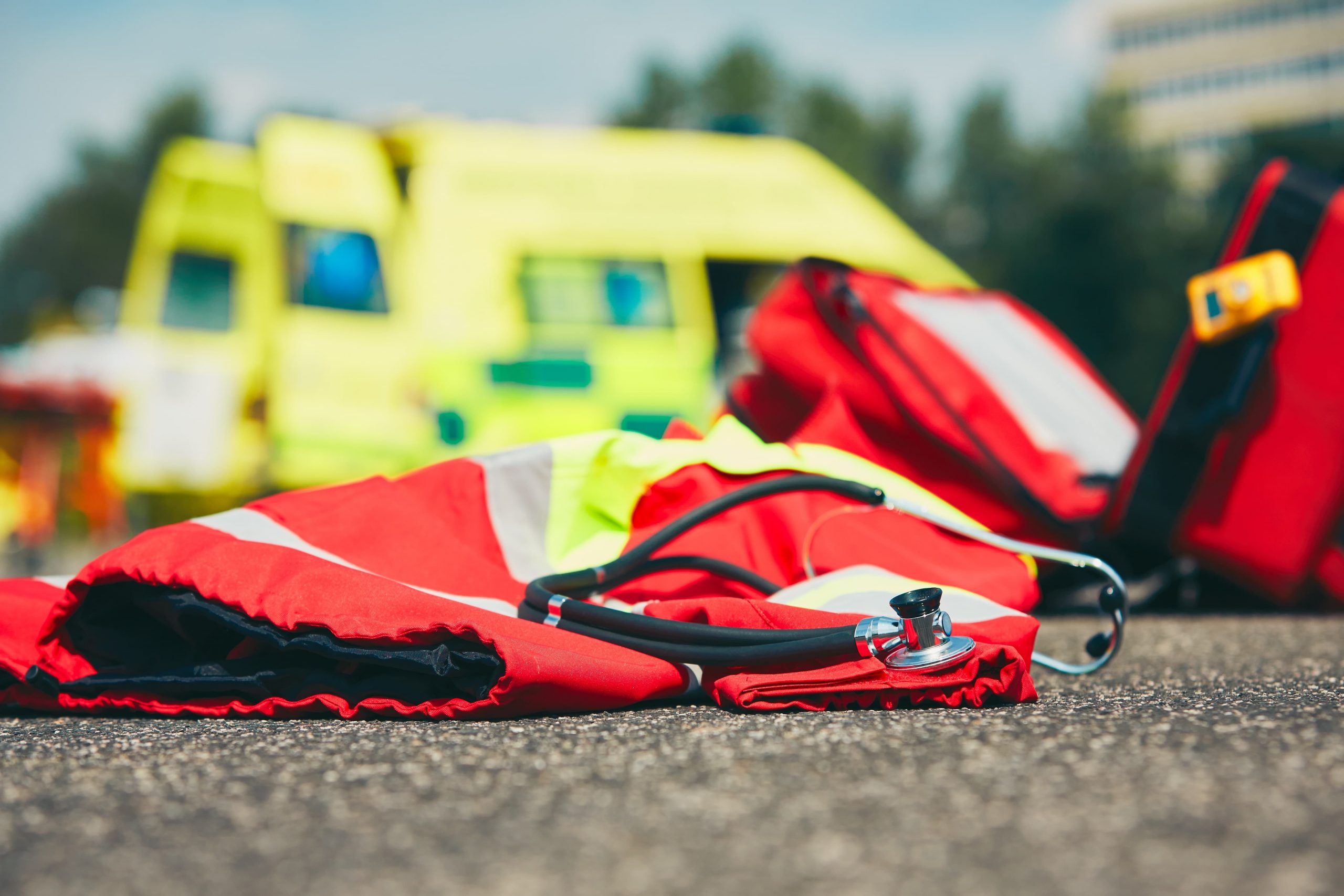Leduc’s Emergency Management Bylaw directs the City’s emergency operations response under the Emergency Management Act.
This bylaw establishes the City’s Emergency Advisory Committee and the Leduc Emergency Management Agency (LEMA). The Fire Chief fills the role of Director of Emergency Management.


